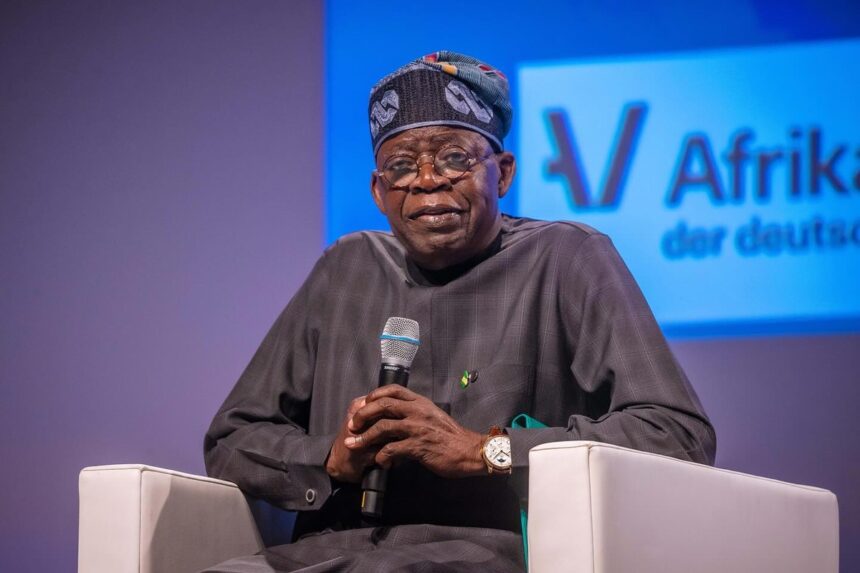The federal government has explained how the new economic directive known as ‘The Nigeria First Policy’, is designed to prioritise locally manufactured goods and services in all government procurements.
According to the government, it’s aimed at promoting domestic production, supporting indigenous industries, and reducing dependence on foreign products.
Tribune Online reports that the Minister of Information and National Orientation, Mohammed Idris, announced the policy at a press briefing after the Federal Executive Council (FEC) meeting in Abuja, noting that it will soon be backed by an executive order from President Bola Tinubu.
“This policy means Nigeria comes first in all procurement processes. No foreign goods or devices that are already produced locally will be procured without a clear and justified reason,” he stated.
According to Idris, the policy reflects President Tinubu’s vision of industrialising Nigeria, shielding the economy from global shocks, and building sustainable local capacity.
ALSO READ: 2027: Why Obi should reject VP slot — Tinubu’s aide
As posted by Segun Dada, Special Assistant to the President via the official X handle on Tuesday, here are 10 key things to know about the Nigeria First Policy:
- Prioritizing Local Content
All government ministries, departments, and agencies (MDAs) must prioritise Nigerian-made products and services in procurement decisions. - Revised Procurement Guidelines
The Bureau of Public Procurement (BPP) has been directed to revise and enforce procurement regulations that give clear advantage to local manufacturers and service providers. - Local Content Compliance Framework
A compliance framework will be developed to ensure MDAs adhere to local content requirements in procurement processes. - Register of Local Suppliers
BPP will maintain an updated register of verified, high-quality Nigerian manufacturers and service providers to streamline procurement. - No Foreign Procurement Without Justication
Foreign products or services can only be procured with a written justification and waiver from BPP, ensuring local options are considered first. - Technology Transfer and Skill Development
Any contract involving foreign procurement must include clauses that promote technology transfer, local production partnerships, or skill development initiatives. - Audit and Revision of Procurement Plans
All MDAs are required to immediately audit and revise their procurement plans to align with the new policy. - Sanctions for Non-Compliance
Violations of the policy will attract strict sanctions, including cancellation of procurement contracts and disciplinary action against officials responsible. - Promoting National Pride and Safe-Belief
The policy seeks to instill confidence in Nigerian products, foster a culture of self-belief, and boost national pride through local enterprise. - Government-Led Initiative
The Federal Government aims to lead the change by investing directly in Nigerian industries, adjusting spending habits, and using its procurement power to support homegrown growth. - NIGERIAN TRIBUNE
WATCH TOP VIDEOS FROM NIGERIAN TRIBUNE TV
- Relationship Hangout: Public vs Private Proposals – Which Truly Wins in Love?
- “No” Is a Complete Sentence: Why You Should Stop Feeling Guilty
- Relationship Hangout: Friendship Talk 2025 – How to Be a Good Friend & Big Questions on Friendship
- Police Overpower Armed Robbers in Ibadan After Fierce Struggle






